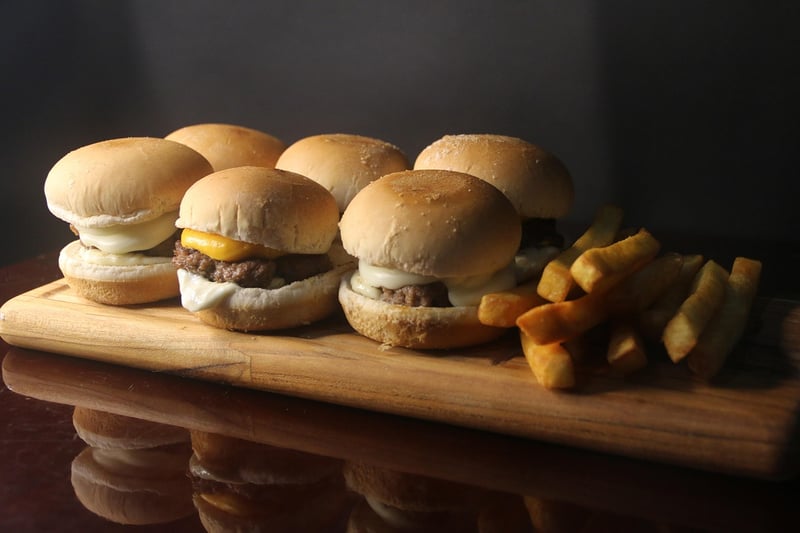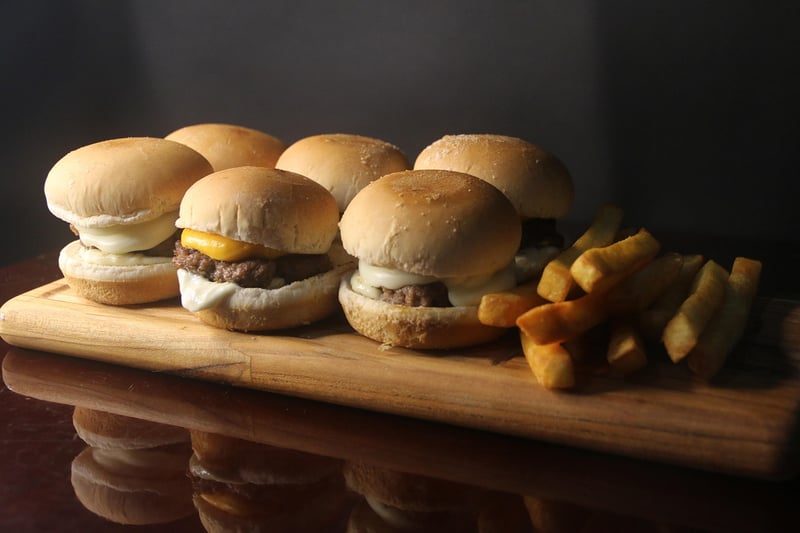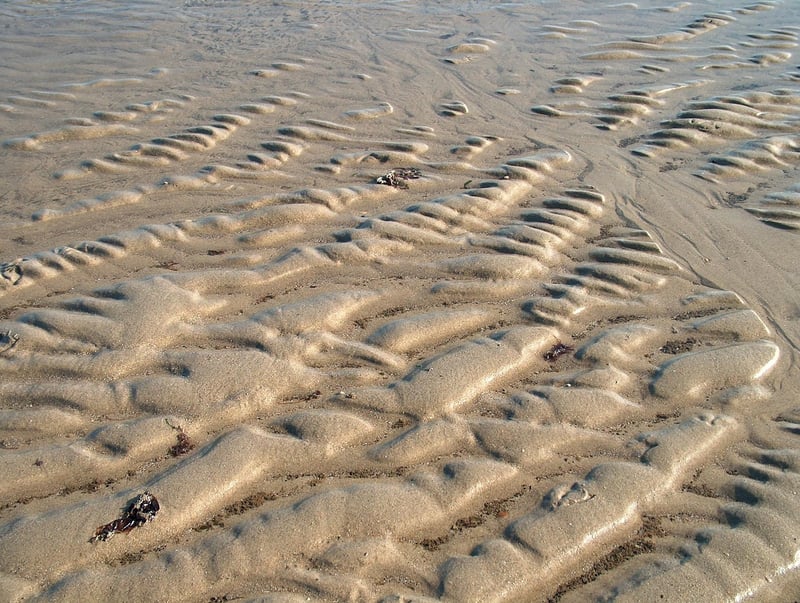Experimental Prototypes
Tools for Time Travel and Experimental Prototypes
Time travel has been a fascinating concept in science fiction for decades, capturing the imaginations of many. While time travel remains a theoretical concept in reality, scientists and researchers have explored various tools and experimental prototypes to understand the possibilities and challenges associated with it.
1. Wormholes
One of the theoretical ways to achieve time travel involves the concept of wormholes. Wormholes are hypothetical tunnels in spacetime that could create shortcuts for long journeys across the universe or even through time. Scientists are researching the feasibility of creating and traversing these wormholes to potentially enable time travel.

2. Quantum Entanglement
Quantum entanglement is another phenomenon that has garnered interest in the realm of time travel. It involves a strong correlation between particles that can exist across vast distances. Researchers are exploring the potential of utilizing quantum entanglement to transmit information faster than the speed of light, which could have implications for time travel.

3. Tipler Cylinder
The Tipler Cylinder is a theoretical concept proposed by physicist Frank J. Tipler. It involves a massive rotating cylinder that could theoretically allow for time travel by creating closed timelike curves. While the practical implementation of such a device remains a challenge, it represents an intriguing idea in the study of time travel.

Experimental Prototypes
Researchers have also developed experimental prototypes to simulate aspects of time travel and study its implications. These prototypes often involve advanced technology and complex theoretical frameworks to explore the fundamental principles of time manipulation.
1. Time Dilation Experiments
Experiments involving time dilation, as predicted by Einstein's theory of relativity, have been conducted to observe the effects of time on moving objects. These experiments provide valuable insights into the nature of time and its relationship with motion.
2. Quantum Computing
Quantum computing, with its ability to process vast amounts of information simultaneously, is being explored for its potential applications in simulating time travel scenarios and complex spacetime calculations. Quantum computers could help researchers model and analyze the intricacies of time manipulation.
While time travel remains a speculative and challenging domain of research, the exploration of tools and experimental prototypes opens up new avenues for understanding the nature of time and the universe.
References:
Space.com - Time Travel
Scientific American - Ways Time Travel Might Be Possible
